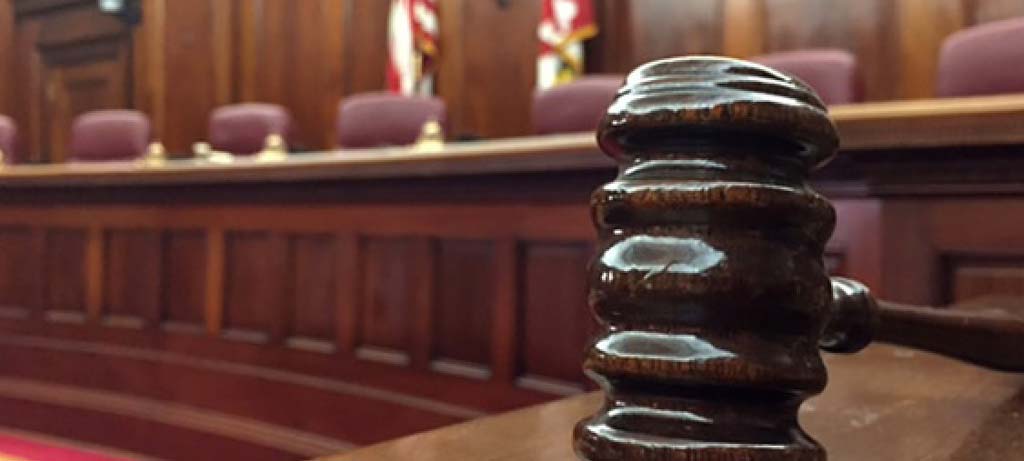
Going through a divorce or custody battle under normal circumstances can be very complicated and stressful but going through these court battles during a global pandemic can be very tricky. COVID-19 can impact many facets of your family law court case. One of the biggest concerns many people have is what happens to their case and whether there is any way to move their case forward. Although most courts are closed and not accepting filings other than emergency filings and requests for domestic violence restraining orders, you still have options.
One option is to hire a private judge, which is generally a more efficient alternative than public court. A private judge acts very much like a public judge and can make rulings relating to property/asset and debt division, child custody, and child and spousal support. If you choose to instead continue your court case through public court, you may have to wait an inordinate amount of time for your matter to be heard and adjudicated since it is currently unknown when the public courts will reopen. And even when the public courts reopen, there may still be long delays in processing your case due to the backlogs resulting from court closures.
One of the benefits of hiring a private judge is that you and the other party can choose who to hire. There are many private judges who specialize in family law cases and/or are either a former family law attorney or a retired family law judge. This may not be true of a public judge. You may get a public judge assigned to your case who is a former attorney with many years of family law experience, a former district attorney, a private attorney with anywhere from minimal to many years of family law experience, or you may get a judge who is new to the role and has no family law experience.
More importantly, and another benefit of using a private judge, is that many are still operating during shelter-in-place/stay-at-home. These judges are equipped to handle cases remotely using various online video conferencing platforms. This means that you can attempt to resolve your disputes now from the safety and comfort of your own home.
Another option for resolving your case is mediation. In mediation, a neutral third-party (a mediator) helps both parties reach an agreement that they can both accept. The mediator listens to both sides and helps both parties talk through their issues. Issues relating to asset and debt division, child custody and visitation, and child and spousal support can also be dealt with in mediation. Unlike a private judge, however, the mediator does not make decisions. An agreement can only be reached if both parties agree. The mediator will not force an agreement.
As with private judges, many mediators are equipped to handle mediations remotely and mediations can be conducted exclusively online.
Yet another approach for handling your divorce or legal separation case when courts are closed is through a process called collaborative divorce. This is where you and the other party each hire specially trained collaborative attorneys to advise and assist you in negotiating a settlement agreement. You both agree not to go to court. You both meet separately with your own attorney. The attorneys, you, and the opposing party will also meet together regularly to negotiate the terms of a settlement agreement. This, of course, can all be done remotely.
In conclusion, just because the courts are currently stalled does not mean that your case has to be too. You have many options for moving your case forward and for getting results. We can help you figure out the option that works best for your particular circumstances.
Be Safe.